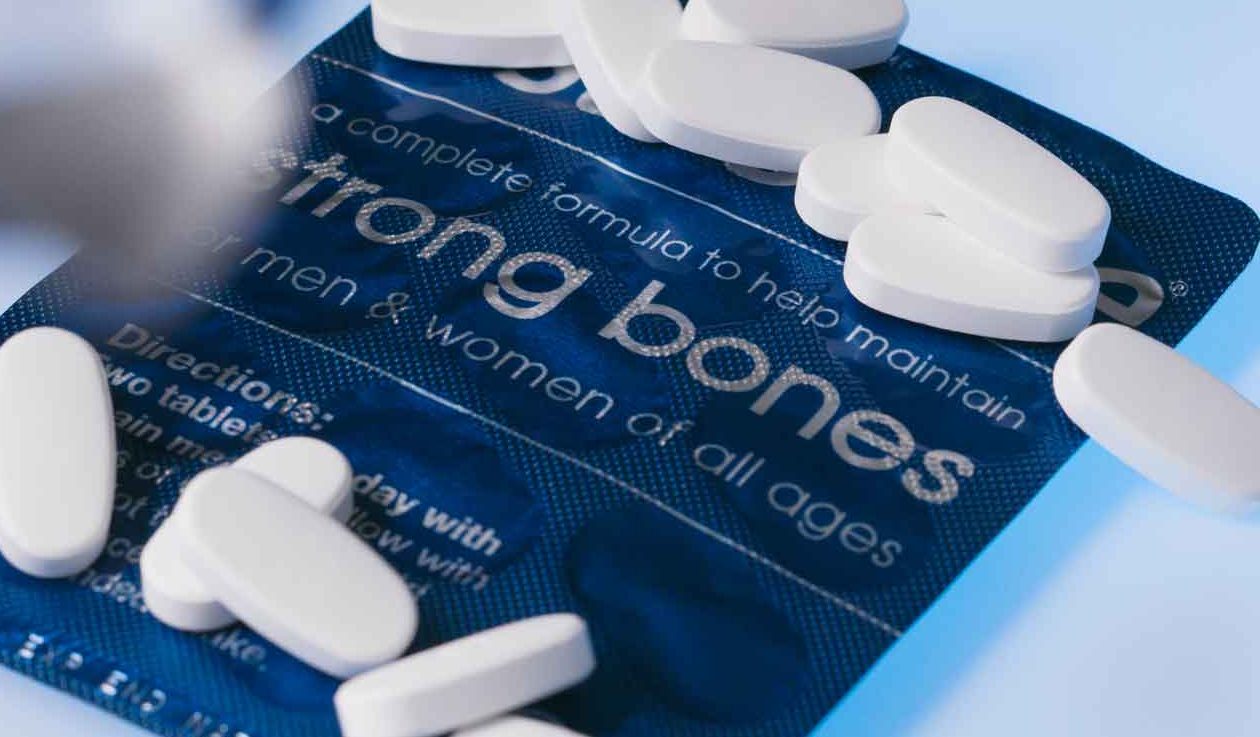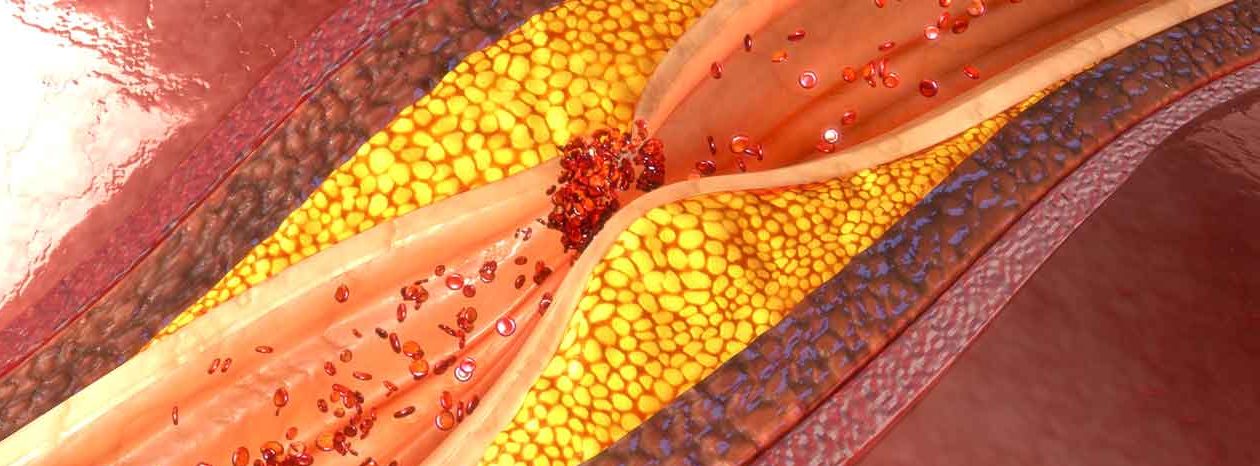
Should You Take an Aspirin a Day for Heart Health?
Everyone’s situation is different, but should you take an aspirin a day to protect against heart disease even if you're healthy? Learn more.

Cardiovascular disease is the number one global cause of death, and about one in five who recover from a heart attack are found to have depression soon afterwards.

Pain may be the result of an interaction with other prescription drugs.

Knowing what factors put you at risk for a heart attack is the first step towards prevention. But lifestyle changes and proper medication can lower your risk.

We know that smoking and heart disease go hand and hand. And new research shows how smoking damages the heart directly and can even lead to heart failure.

Calcium supplements may be harming your heart, not preventing osteoporosis.

Americans are fatter than ever, putting themselves at risk for serious health problems and boosting the cost of healthcare.

Five percent of people who go to an ER after fainting have a serious problem that isn’t obvious. How do you know when fainting means you need immediate care?

Chest pain in women is a strong signal to get medical care, but it is not always present during heart attacks. Here's what you should know.
Coronary artery disease (CAD) occurs when the arteries that bring blood to the heart muscle (coronary arteries) become hardened and narrowed. The arteries harden and narrow because of a buildup of plaque on the inner walls. Plaque is made up of cholesterol and fatty deposits. This is called atherosclerosis. Narrowing of the coronary arteries can limit blood flow to the heart. This means less oxygen gets to the heart. Less oxygen can lead to angina, heart failure, irregular heart rhythm, and heart attack.

What is coronary artery disease? Who is at risk, and how can it be prevented? Here’s what you need to know about this form of heart disease.

Swelling, pain, or tenderness in a vein, usually in a lower leg, may be signs of a blood clot, which can be dangerous if it travels to your heart or lungs.

If your “bad” cholesterol is soaring and your slumber time is shrinking, you could be putting your cardiovascular system in danger.
Do you know your risk factors for high blood pressure? You can’t do anything about some risk factors. But other risk factors can be changed. Learn about the risk factors for high blood pressure by taking this quiz.